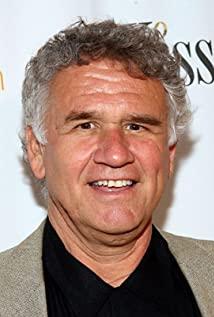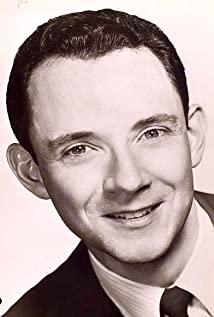The film makes me feel that the irony is that zelig has been sought after by the public twice, once by returning to a normal person, and when a normal person is a normal person, it always reflects the characteristics of being integrated into the group, such as giving many motivational public speeches. The second time people recognized him again was a move during the disease, but it brought a huge sensation dramatically. In any case, these two points are the psychological state of people's pursuit of novelty or even curiosity at that time (people are constantly pursuing new entertainment projects or media mining new events to attract people's attention). Just like the sentence mentioned in the film, "Is there any change now?" Up to now, many people's pursuit is still to be entertained to the death - constantly swiping Douyin and playing games, I believe most people are in Today, if you see a piece of news about "zelig", you have the same curiosity, and this matter will also be magnified by bad people, and further profit from this morbid entertainment. So I think the sub-theme of the film also contains a mockery of the mentality of people who have no bottom line and limitless enjoyment. In this era, when the famine years are no more, how can people eat people? But it is the barrenness of the land of thought. (Of course I am not immune to it)
In my opinion, most of Zelig's life was tragic. The appearance of Fletcher drove the trajectory of his life, allowing him to regain his normal psychological activities, but Fletcher's original purpose was also for reputation or to contribute to this aspect. It is said that they are famous in history, and their feelings are also slowly cultivated during the treatment process. The emergence of this link of love brings a turning point to the film, and at the same time endows it with a certain radiant core rather than just being a purely satirical film.
As an experimental film, the film adopts the method of pseudo-documentary, which makes the viewer feel more realistic when watching it, and it is not impossible to believe even without reading the introduction. This has also been talked about badly. But what I find interesting is that using a pseudo-documentary to make a biography of a fictional person is very interesting in itself.
View more about Zelig reviews











